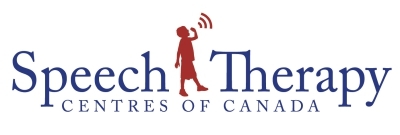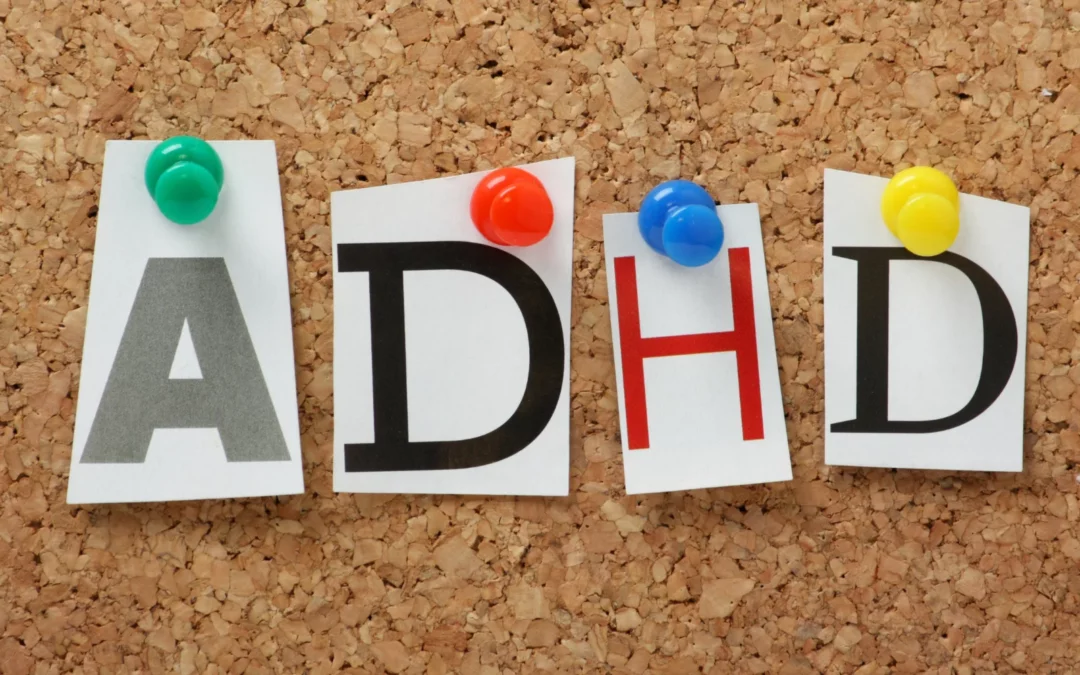Attention-Deficit/Hyperactivity Disorder (ADHD) is a neurological condition that can cause difficulties with focus and behaviour control. It can also affect speech and language, making communication challenging. However, a speech-language pathologist (SLP) can play a crucial role in helping individuals with ADHD improve their communication skills.
Understanding ADHD and Communication
ADHD can impact both expressive and receptive language. Expressive language refers to how you express your thoughts, while receptive language refers to how you understand what others say. Individuals with ADHD may struggle to find the right words, express their thoughts coherently, and tell stories in an orderly manner. On the receptive side, they might have difficulty understanding what someone else is saying, following directions, and making grammatical errors.
One of the most noticeable effects of ADHD on speech is the pace of speech. Individuals with ADHD might speak too quickly or have difficulty controlling the volume of their voice. They may also experience difficulty with pragmatic language, which involves understanding the unspoken rules of conversation, like taking turns or staying on topic.
The Role of a Speech-Language Pathologist
A speech-language pathologist can be a key figure in helping to improve communication skills for individuals with ADHD. They can provide targeted exercises to enhance word recall and other aspects of speech and language.
SLPs can help individuals with ADHD learn how to plan and organize to get tasks done. They can also assist in teaching how to take turns and pay attention when talking to others. SLPs work closely with teachers to find ways to help students with ADHD in class. They may suggest strategies like sitting in the front of the class or using checklists or planners to stay organized.
In addition to these strategies, SLPs also focus on improving executive function skills, which are crucial for individuals with ADHD. These skills include working memory (the ability to retain and manipulate distinct pieces of information over short periods), mental flexibility (the ability to sustain or shift attention in response to different demands), self-control (the ability to set priorities and resist impulsive actions), metacognition (the ability to observe how you problem solve), and resiliency (the ability to bounce back from disruption or change).
Conclusion
ADHD can pose significant challenges when it comes to communication. However, with the help of a speech-language pathologist, individuals with ADHD can learn strategies and skills that can significantly improve their ability to communicate effectively. By focusing on areas such as executive function skills, planning and organization, social skills, and pragmatic language, SLPs can provide valuable support for individuals with ADHD
The Speech Therapy Centres of Canada is a team of dedicated speech-language pathologists (commonly known as S-LPs or speech therapists) and speech-language pathology assistants (S-LPAs) who provide assessment and therapy services to children and adults with communication disorders. Our S-LPS, S-LPAs and support staff are truly committed to providing the highest quality of service to our clients and their families. We understand that navigating the world of speech therapy may be daunting so our client services team is prepared to help you every step of the way.

